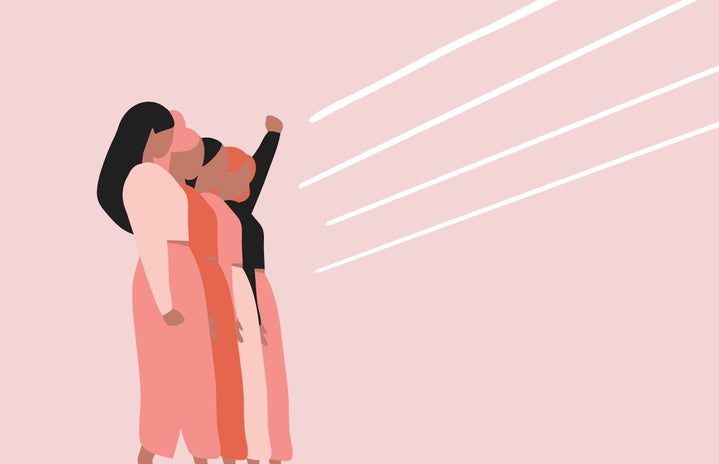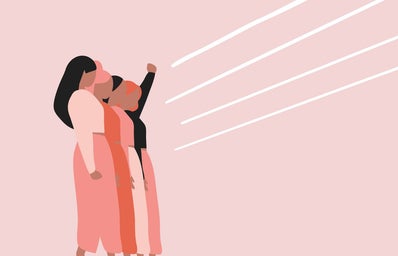Social distancing is here to stay for much longer than three weeks. We expect things to go back to normal after lockdown but the reality is, it never really will.
Like the Great Depression and 1918 Spanish Influenza, COVID-19 will be remembered as a world reordering event. When we finally emerge from our unique form of hibernation, we will be in a different world.
Coronavirus has already drastically changed life as we know it. The immediate effect of the pandemic is postponed weddings, pay cuts, sinking housing markets, cancelled concerts and so on. But this is only the beginning.
There won’t be one day where the government will open everything and we can continue socialising as usual. We will be slowly weaned back into society, it may take months or even a year, depending on the availability of a vaccine.
The only other outbreak of this scale in the industrialized world was the 1918 pandemic. It hit in two waves and killed 50 million people worldwide.
According to a 2007 research paper, published by the Federal Reserve Bank of St. Louis, the economic effects of the outbreak only lasted for a short time.
“Society as a whole recovered from the 1918 influenza quickly, but individuals who were affected by the influenza had their lives changed forever. Given our highly mobile and connected society, any future influenza pandemic is likely to be more severe in its reach, and perhaps in its virulence.”
The International Labor Organization has warned COVID-19 will destroy 195 million jobs worldwide, and drastically cut the income of another 1.25 billion people. Most of them already poor.
The true cost will be borne by the poorest and weakest. People with less access to health care, or who live in more disease-prone areas.
After lockdown and easing of social distancing, remote work will be common. Remote work technology will improve, removing the need of in-person meetings. Many jobs will be automated and companies will also have to lay off their least productive workers.
Telemedicine will become the new norm. Many doctors have been seeing patients and writing prescriptions online. Care will begin to be provided remotely, allowing doctors to provide their services to far more patients.
There may also be temperature scanners everywhere and establishments may ask for proof of immunity before admission to their premises.
The intrusive surveillance will be considered a small price to pay for the basic freedom to be with other people.
The freedom of movement we enjoyed previously will be hindered. Goods and people will move less often and less freely across national and regional borders. Governments will conduct more widespread and intrusive surveillance and exercise tougher border security.
Airlines, hospitality, and tourism will experience a severe slump in demand and beyond the immediate aftermath of the crisis.
The world has changed many times, and it is changing again. All of us will have to adapt to a new way of living, working, and forging relationships.



